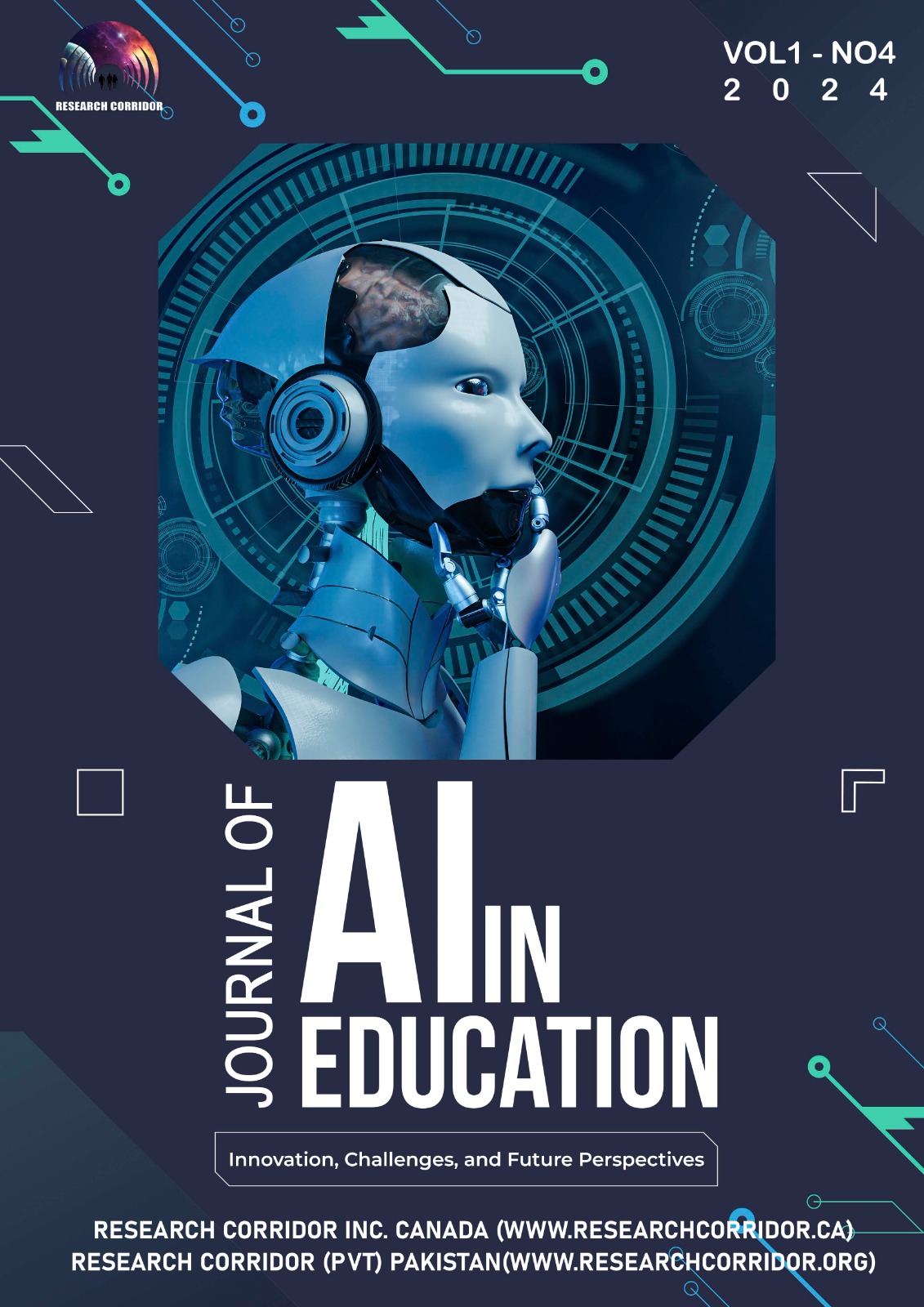AI for Inclusive Education: Supporting Learners with Disabilities and Special Needs
Keywords:
Artificial Intelligence, Inclusive Education, Assistive Technology, Special Needs, Adaptive Learning, Accessibility, Learning Disabilities, AI in Education, Speech Recognition, Virtual TutorsAbstract
Artificial Intelligence (AI) is revolutionizing inclusive education by providing personalized learning experiences for students with disabilities and special needs. AI-powered tools such as speech recognition, text-to-speech systems, and adaptive learning platforms enable educators to offer tailored instructional strategies that accommodate diverse learning abilities. Machine learning algorithms help identify student difficulties, providing real-time feedback and support. Assistive technologies, including AI-driven chatbots and virtual tutors, enhance accessibility and engagement for students with cognitive, auditory, visual, and motor impairments. Moreover, AI facilitates language translation, benefiting learners with linguistic challenges. However, ethical considerations, data privacy concerns, and the digital divide pose challenges to widespread AI adoption. Despite these obstacles, AI holds immense potential to transform special education by fostering inclusivity and improving learning outcomes. This paper explores AI applications in inclusive education, evaluates their impact on learners with disabilities, and discusses the challenges and future directions for AI-driven educational solutions.





